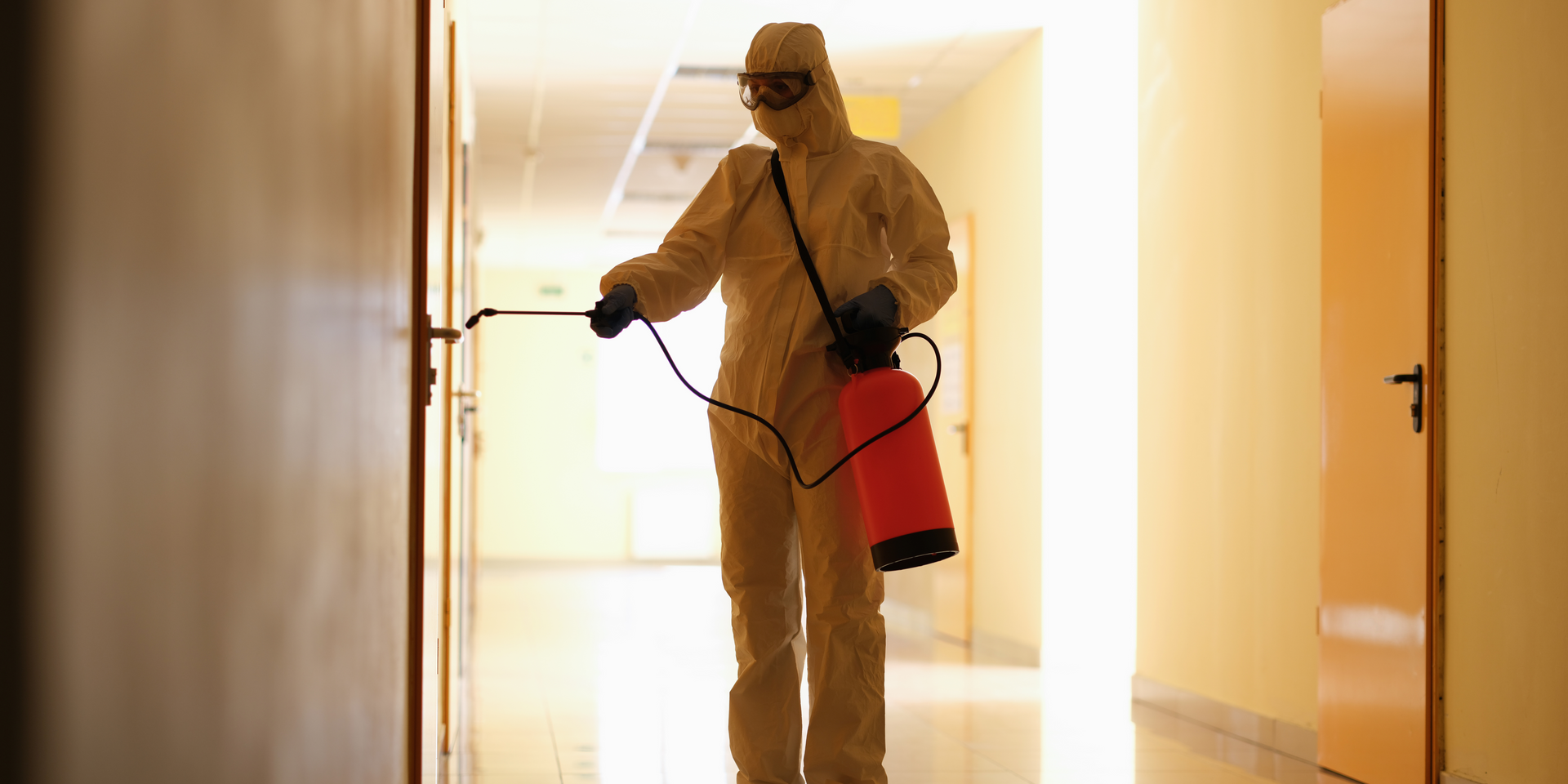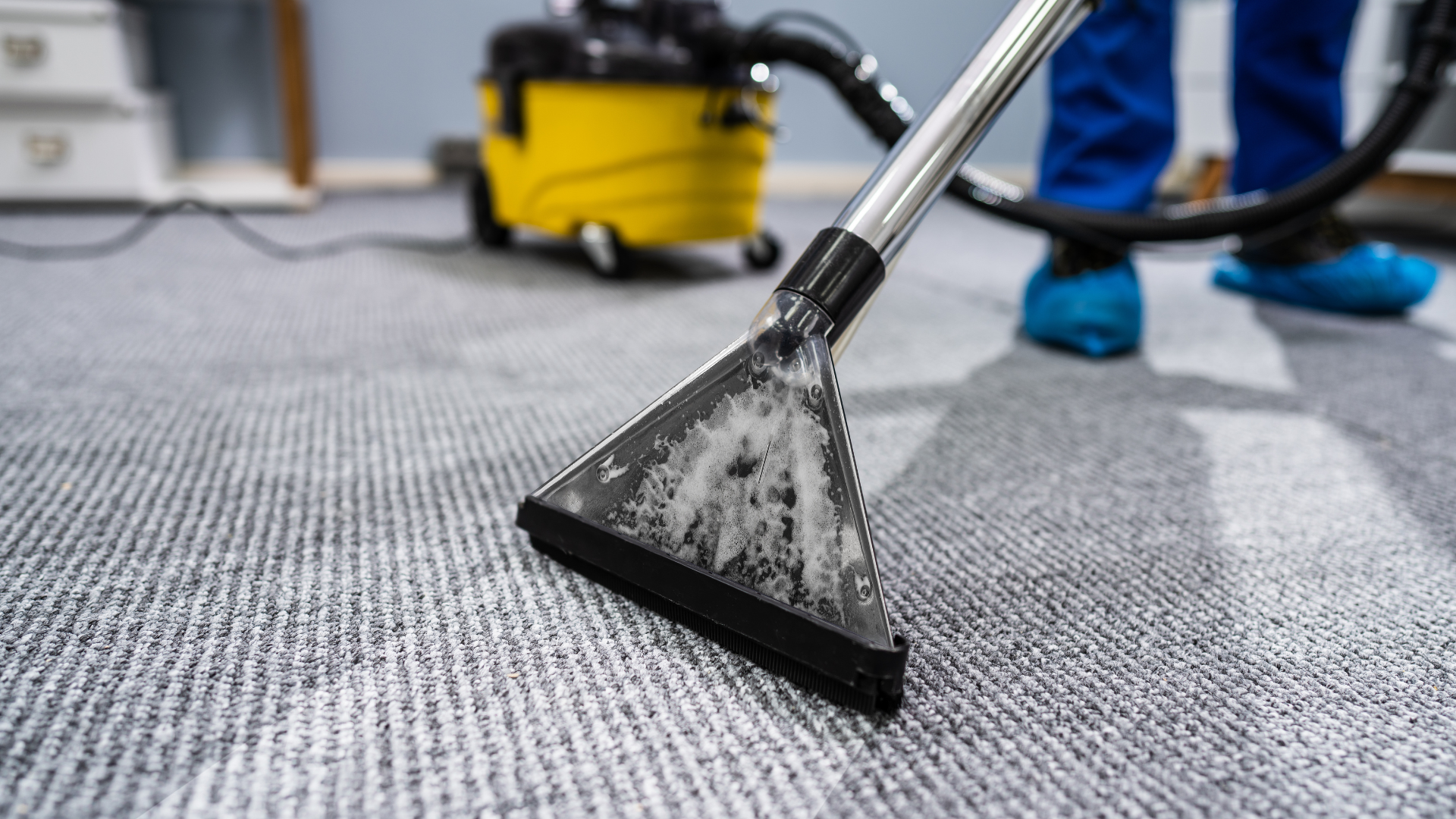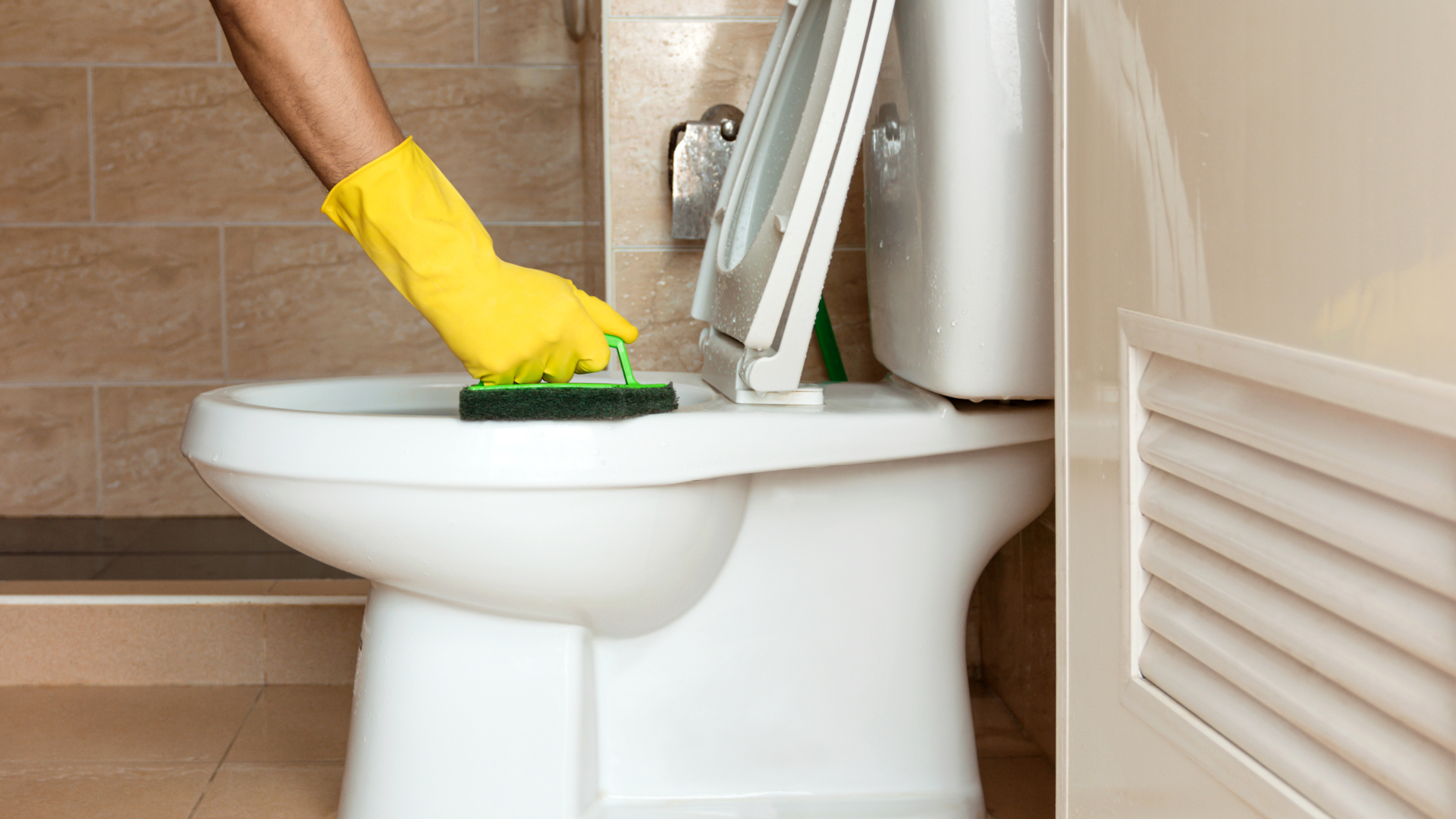Sanitation – The Power of Steam and Sanitizing Agents
In today’s world, where cleanliness is a top priority, the importance of effective sanitation cannot be overstated.
Steam cleaning
and
sanitizing agents
play an essential role in keeping spaces safe, clean, and germ-free. But how do they work, and why are they so effective?
Steam Cleaning: The Natural Solution
Steam cleaning uses high-temperature steam to break down dirt, grime, and bacteria on various surfaces. It’s an eco-friendly and chemical-free method of cleaning that is incredibly effective for surfaces that require deep cleaning, such as carpets, upholstery, and hard floors.
How It Works: The high heat of the steam loosens dirt and kills bacteria, mold, and viruses on contact. It also eliminates stubborn stains, making it a perfect solution for offices and homes.
Benefits:
Chemical-free:
No harsh chemicals are needed, making it safe for your environment.
Kills Germs: Steam reaches high temperatures, effectively killing germs and bacteria.
Environmentally Friendly: Unlike traditional cleaning, steam cleaning uses just water, so it’s safe for the planet.
Sanitizing Agents: A Vital Part of the Cleaning Process
In addition to steam, using sanitizing agents can enhance your cleaning efforts. These are cleaning solutions that kill bacteria, viruses, and other harmful microorganisms. Common sanitizing agents include bleach, hydrogen peroxide, and commercial disinfectants.
How They Work:
Sanitizing agents kill bacteria and viruses that can cause illnesses. When combined with steam cleaning, they offer a highly effective sanitation solution.
Best Practices:
Always use sanitizing agents according to the manufacturer’s instructions, and ensure that the surface stays wet for the recommended contact time to maximize effectiveness.
Conclusion:
Both steam cleaning and sanitizing agents are powerful tools for maintaining a clean, healthy environment. Incorporating them into your regular cleaning routine will help protect your space from harmful bacteria, viruses, and allergens, ensuring the health and safety of all occupants.





